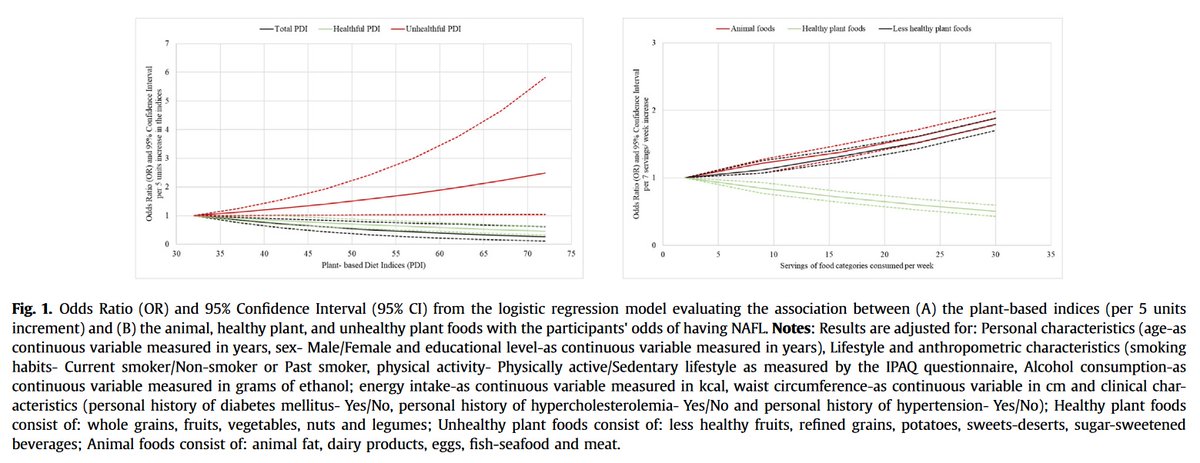
This study in Finnish twins finds that an unhealthy lifestyle during pubertal years (obesity, smoking, binge drinking, low levels of physical activity) is associated with accelerated biological aging in young adulthood.
- Both the class with the overall unhealthiest lifestyle and that with a high BMI were biologically 1.7–3.3 years older than the classes with healthier lifestyle patterns when DNAm GrimAge was used...
... and had 2–5 weeks/calendar year faster pace of biological aging when using DunedinPoAm.
- Note that there were no differences when Horvath’s and Hannum’s clocks were used to estimate biological aging.
- "Our results suggest genetic correlation between adolescent lifestyle and biological aging; individuals who are genetically prone to unhealthy lifestyles or overweight in adolescence are also susceptible to faster biological aging later in young adulthood."
The role of adolescent lifestyle habits in biological aging: A prospective twin study (open access)
doi.org/10.7554/eLife.…
#Obesity #smoking #alcohol #exercise #Workout #TrainHard #GymLife #GymTime #muscle #strength #lift #GetStrong #cardio #hiit
doi.org/10.7554/eLife.…
#Obesity #smoking #alcohol #exercise #Workout #TrainHard #GymLife #GymTime #muscle #strength #lift #GetStrong #cardio #hiit
• • •
Missing some Tweet in this thread? You can try to
force a refresh







